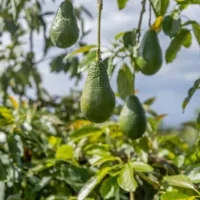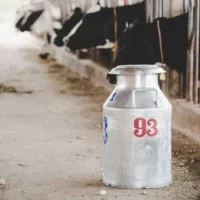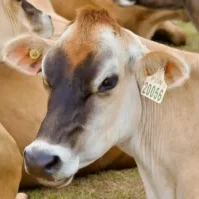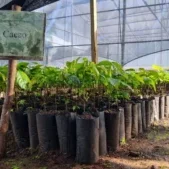
New Origins, New Opportunities: Ethiopia’s Leapfrog into Sustainable Cocoa
Ethiopia, a country renowned for its exceptional coffee, is venturing into the cocoa industry. While not considered to have a typical cocoa-growing climate due to its higher altitude, Ethiopia’s warm and humid West and South Western regions have proven suitable for cocoa cultivation. TRAIDE Foundation is catalyzing Ethio-cocoa through research, promoting business opportunities, bringing together key stakeholders and fundraising to set up a pilot project.
Towards an ‘Abyssinia Bar’
The first steps in setting up a new cocoa sector in Ethiopia have been taken. Trials in the South West region (around Tepi, Bebeka, Gemadero) have generated promising outcomes, with cocoa yields that match worldwide production. A Forastero cocoa variety has been registered with the government and approved for commercial production. A local agricultural research center is multiplying seedlings, and pilots are underway with post-harvest processing and analyzing the cocoa for quality and flavor. A preliminary study indicates that nearly 30,000 km² of land could be suitable for cocoa cultivation, suggesting a significant opportunity for large-scale production.
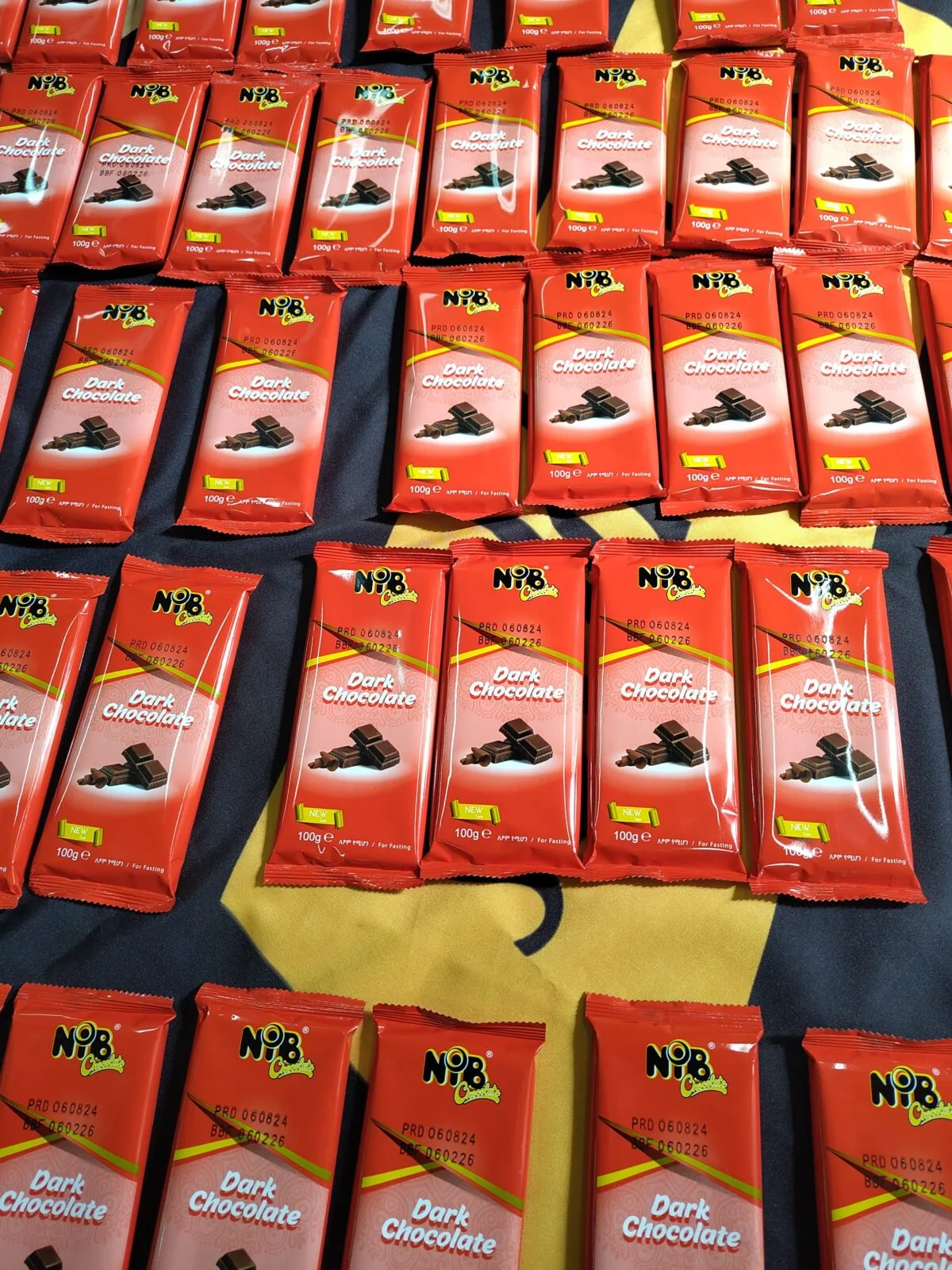
First chocolate bar made with Ethiopian cocoa
Downstream several local chocolate companies are already producing chocolate bars for Ethiopian consumers. Most are producing compound chocolate using imported cocoa powder and mixing it with vegetable oil. Two companies are making headway, producing the country’s first couverture chocolate (the type European and American consumers are used to) using cocoa liquor and their own bean-to-bar equipment. Sourcing cocoa and cocoa-derived products locally presents a significant opportunity for these companies. Ethiopia imports around USD 5 million of cocoa-derived products. Import substitution not only saves costs but, more importantly, does not require hard to acquire foreign exchange.
Bittersweet side of cocoa
The cocoa sector is known for substantial social and environmental sustainability challenges. Countries like Ghana and Ivory Coast have been struggling with issues such as deforestation and child labor among their cocoa farmers for years. Low and often volatile prices keep smallholder farmers in poverty. Chocolate retailers and manufacturers obtain around 80% of the value earned from one ton of cocoa, while farmers receive less than 10%.
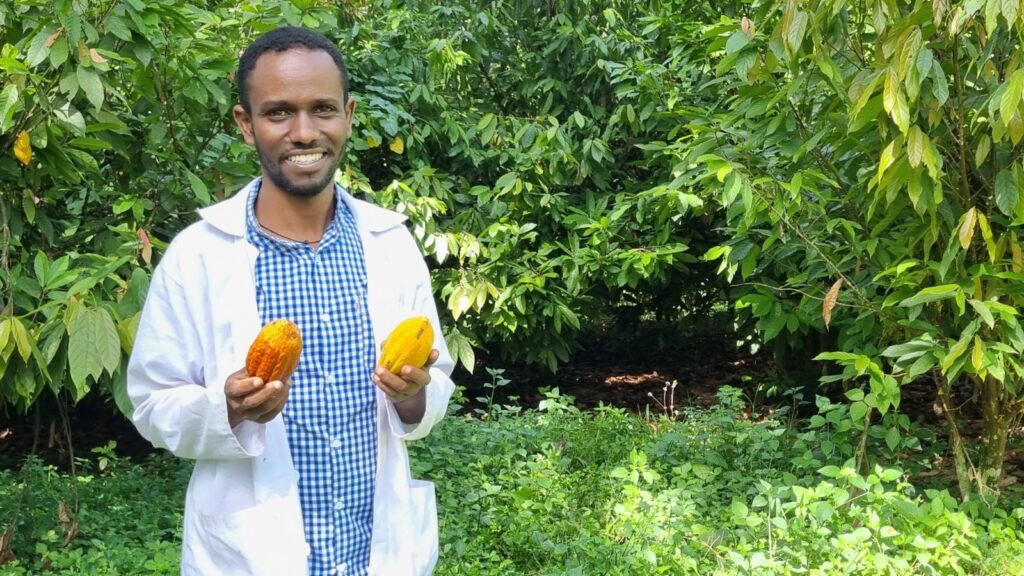
Abukiya Getu, cocoa researcher at the Tepi Agricultural Research Center
Leapfrogging into a sustainable model
Because the cocoa sector is still in its infancy, there is an opportunity to ‘leapfrog’ into a sustainable production model. Environmental issues faced in other cocoa countries can be prevented by designing a cultivation system that uses sustainable practices such as agroforestry, organic farming and traceability systems that ensure cocoa is produced deforestation-free. A focus on sustainability, storytelling, origin and special flavors allows Ethiopian cocoa to tap into the higher segments in the European market. In turn, producers will be able to receive better prices and cocoa sales can help smallholders increase and diversify their income.
A new origin
For agribusiness, traders, chocolate manufacturers and retailers there is a unique opportunity to develop Ethiopia as a new cocoa origin. Pioneering companies will gain first mover advantages by becoming the world’s first to create an Ethiopian-grown chocolate bar. Sustainability, Ethiopian origin and flavors are unique ingredients for new chocolate products that target the European mid-range and specialty market. Ethiopian manufacturers are also ready to absorb some of the locally grown cocoa.
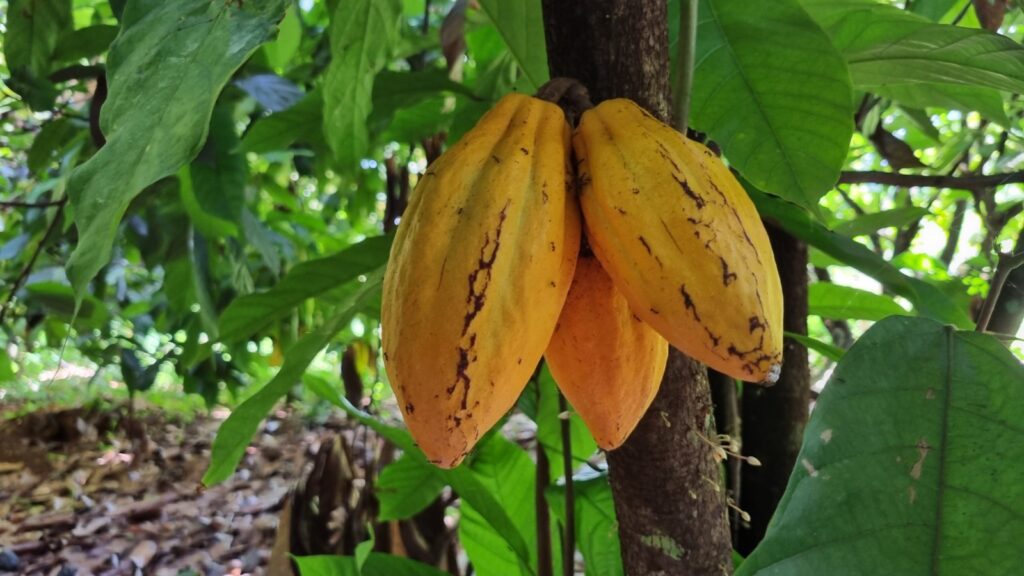
TRAIDE Foundation has set out the business opportunities for the Ethiopian cocoa sector in the factsheet below. We have also partnered with Stichting Wageningen Research, Wageningen University and the International Center for Tropical Agriculture to further research suitable cocoa growing areas and design of a sustainable farming model.
In the coming year we will continue to build a consortium of interested companies and other partners to set up a commercial cocoa pilot project in Ethiopia. Are you interested in receiving more information or becoming a partner? Reach out to us at ethiopia@traide.org.
